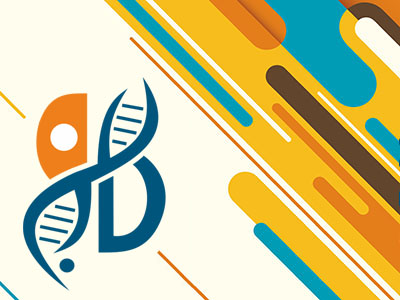Neural Science & Behaviour

Theory: 2 hours/week | ECTS Units: 4
Content – Aim of the course
From ancient times, understanding human behaviour has been central to civilized cultures. Engraved at the entrance to the Temple of Apollo at Delphi was the famous maxim “Know thyself”.
The goal of neural science is to understand the mind – how we perceive, move, feel, think and remember. In this course we emphasize that behaviour can be examined at the level of individual nerve cells by seeking answers to basic questions: How do nerve cells in the brain communicate with one another? How do different patterns of interconnections give rise to different perceptions? How is communication between neurons modified by experience? How is that communication altered by diseases?
Advances in molecular neural science and our ability to visualize functional changes in the brain during normal and abnormal mental activity permit the understanding of higher brain functions.
The course aims to document the central principle that all behaviour is an expression of neural activity and to illustrate the insights into behaviour that neural science provides. We hope to encourage the students to approach the study of behaviour in a way that unifies its social and its biological dimensions.
Analytical Description of the Course
- THE NEUROBIOLOGY OF BEHAVIOUR. The brain and behaviour. Nerve cells and behaviour. Genes and behaviour.
- CELL AND MOLECULAR BIOLOGY OF THE NEURON.
- INTERACTIONS BETWEEN NEURONS. SYNAPTIC TRANSMISSION. Modulation of synaptic transmission. Neurotransmitters. Diseases of chemical transmission (myasthenia gravis).
- THE NEURAL BASIS OF COGNITION. The organisation of the central nervous system. From nerve cells to cognition.
- PERCEPTION. Coding of sensory information.
- AROUSAL, EMOTION AND BEHAVIORAL HOMEOSTASIS. Sleep and dreaming. Seizures and epilepsy. Emotional states and feelings.
- LEARNING AND MEMORY. Cellular mechanisms of learning and the biological basis of individuality
- LANGUAGE AND COMMUNICATION. Language and the aphasias. Dyslexia.
Assessment
The degree examination for this course consists of a theory paper presentation.
Reading Suggestions
- Neuroscience: Exploring the brain, Bear M.F., Connors B.W. and Paradiso M., Williams & Wilkins, 1996.
- Nerve Cells and Behaviour, Simmons, P.J. and Young D., 2nd edition, Cambridge University Press, 1999.
- Principles of Neural Science, Eric Kandel, James Schwartz and Thomas Jessel, 4th edition, Mc Graw-Hill, 2000.
- Biological Psychology, M. Rosenzweig, S. Breedlove and A. Leiman, 3rd edition, Sinauer Associates, Inc., 2002.
- Behavioral Neurobiology, Thomas Carew, Sinauer Associates, Inc., 2000.
Teaching Material / E-class
Lecturer





